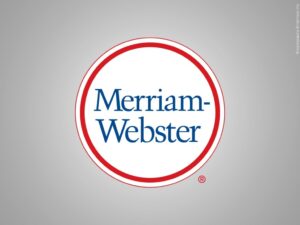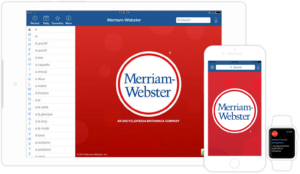Introduction
The term “free” is a fundamental concept that holds significant relevance in various aspects of our lives. Its definitions and interpretations vary across different contexts, ranging from economics to personal freedom.
This article aims to provide a comprehensive understanding of the meaning of “free,” exploring its diverse applications and shedding light on frequently asked questions regarding its usage.
Table of Contents
- Defining “Free”
- 1.1 Economic Perspective
- 1.2 Personal Liberty
- Economics of “Free”
- 2.1 Gratis vs. Libre
- 2.2 Implications for Consumers and Producers
- “Free” in the Digital Age
- 3.1 Open Source Software
- 3.2 Creative Commons Licensing
- Legal Considerations
- 4.1 Free Speech
- 4.2 Fair Use
- Frequently Asked Questions (FAQs)
- 5.1 What is the difference between “gratis” and “libre”?
- 5.2 How does the concept of “free” apply in economics?
- 5.3 What are some examples of open-source software?
- 5.4 How is “free speech” protected under the law?
- 5.5 What is fair use and how does it relate to the concept of “free”?

1. Defining “Free”
1.1 Economic Perspective
From an economic standpoint, “free” often refers to the absence of monetary cost. This can pertain to goods or services that are provided without charge. However, it is essential to recognize that even seemingly free items may incur costs elsewhere, such as through advertising or data collection.
1.2 Personal Liberty
On a broader scale, “free” extends to the realm of personal freedom. This encompasses rights and liberties that individuals possess, including the freedom of speech, expression, and assembly. These rights are protected by various legal frameworks in democratic societies.
2. Economics of “Free”
2.1 Gratis vs. Libre
In economics, the concept of “free” is further dissected into two categories: “gratis” and “libre.” “Gratis” refers to items that are provided at no monetary cost, while “libre” denotes the freedom to use, modify, and redistribute something. This distinction is particularly relevant in discussions about open-source software and creative content.
2.2 Implications for Consumers and Producers
Understanding the economic implications of “free” is crucial for both consumers and producers. For consumers, it means access to goods or services without a direct financial burden.
For producers, it involves considerations of revenue models, advertising, and potential benefits derived from offering certain items for free.
3. “Free” in the Digital Age
3.1 Open Source Software
The digital landscape has given rise to the prominence of open-source software, which is made available to the public for use, modification, and distribution. Examples include the Linux operating system and the Mozilla Firefox web browser. This approach fosters collaboration and innovation within the tech community.
3.2 Creative Commons Licensing
In the realm of creative content, Creative Commons licensing allows creators to specify the terms under which their work can be used by others. This can range from full freedom to use and modify, to more restrictive licenses that only permit non-commercial use.
4. Legal Considerations
4.1 Free Speech
The concept of “free” is integral to the protection of free speech in democratic societies. It ensures that individuals have the right to express their opinions and ideas without fear of censorship or retribution from the government.
4.2 Fair Use
Fair use is a legal doctrine that allows limited use of copyrighted material without acquiring permission from the copyright holder. It strikes a balance between protecting the rights of creators and allowing for the free exchange of ideas and information.

(FAQs)
5.1 What is the difference between “gratis” and “libre”?
“Gratis” refers to something provided at no monetary cost, while “libre” encompasses the freedom to use, modify, and redistribute something.
5.2 How does the concept of “free” apply in economics?
In economics, “free” pertains to goods or services provided without a direct financial cost. However, it’s important to recognize that there may be hidden costs or alternative revenue models.
5.3 What are some examples of open-source software?
Examples of open-source software include the Linux operating system, the Mozilla Firefox web browser, and the Apache web server.
5.4 How is “free speech” protected under the law?
“Free speech” is protected by legal frameworks in democratic societies, ensuring individuals have the right to express their opinions and ideas without fear of government censorship or retribution.
5.5 What is fair use and how does it relate to the concept of “free”?
Fair use is a legal doctrine that allows limited use of copyrighted material without acquiring permission. It balances the rights of creators with the need for free expression and information sharing.
Conclusion
The concept of “free” permeates various aspects of our lives, from economics to personal liberty and legal considerations. Understanding the nuances of this term is essential in navigating the complexities of modern society,
particularly in the digital age where the boundaries of “free” continue to evolve. By appreciating its multifaceted nature, we can make more informed decisions and advocate for the preservation of our rights and freedoms.